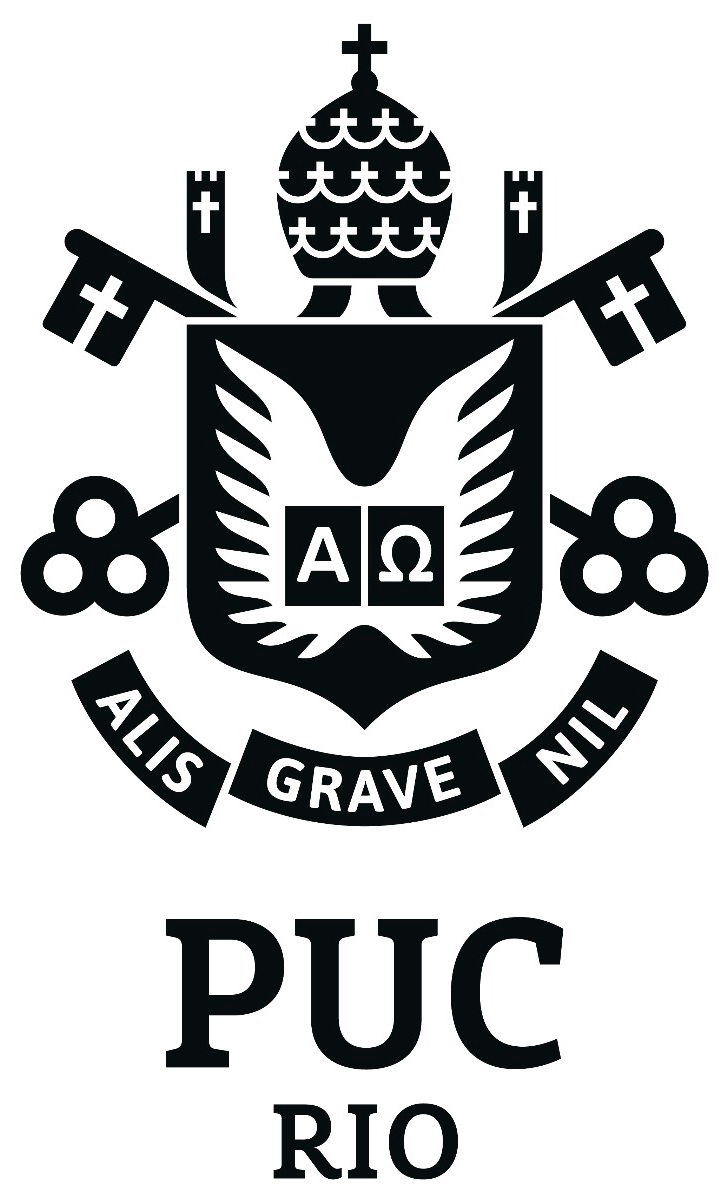Corrupting learning: Evidence from missing federal education funds in Brazil
Journal of Public Economics, v. 96, n. 9-10, p. 712-726, 2012
Claudio Ferraz, Diana Seixas Bello Moreira, Frederico Finan.
Acesse o artigoThis paper examines if money matters in education by looking at whether missing resources due to corruption affect student outcomes. We use data from the auditing of Brazil's local governments to construct objective measures of corruption involving educational block grants transferred from the central government to municipalities. Using variation in the incidence of corruption across municipalities and controlling for student, school, and municipal characteristics, we find a significant negative association between corruption and the school performance of primary school students. Students residing in municipalities where corruption in education was detected score 0.35 standard deviations less on standardized tests, and have significantly higher dropout and failure rates. Using a rich dataset of school infrastructure and teacher and principal questionnaires, we also find that school inputs such as computer labs, teaching supplies, and teacher training are reduced in the presence of corruption. Overall, our findings suggest that in environments where basic schooling resources are lacking, money does matter for student achievement.
See also
Public Ownership and Anti-Preemption (a sair)
The RAND Journal of Economics, 2025
Juliano Assunção, Sergey Mityakov , Robert Townsend .
Estimating the Welfare Cost of Labor Supply Frictions (a sair)
Journal of Public Economics, 2025
Katy Bergstrom, William Dodds, Nicholas Lacoste, Juan Rios.
The Value of Health Insurance: A Household Job Search Approach ( a sair)
Journal of Labor Economics, 2025
Renata Narita, Rita Ginja, Gabriela Conti.

